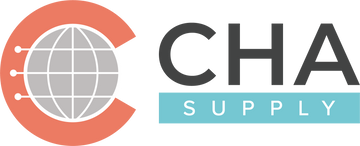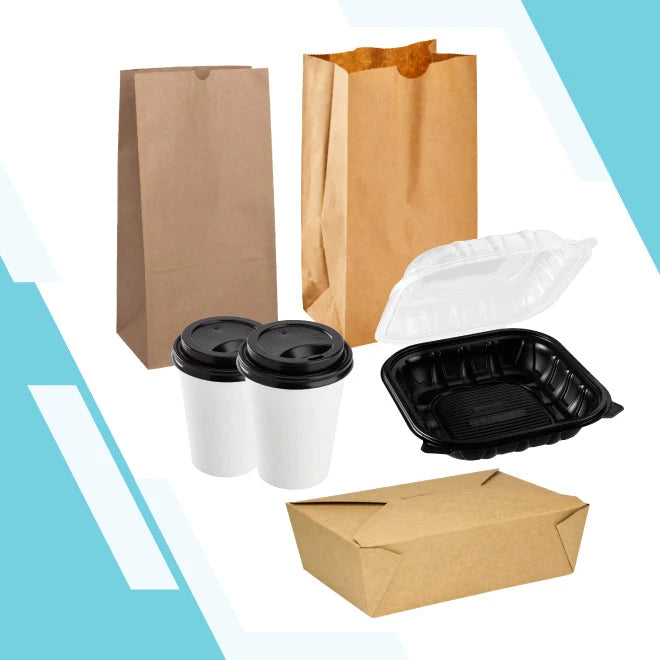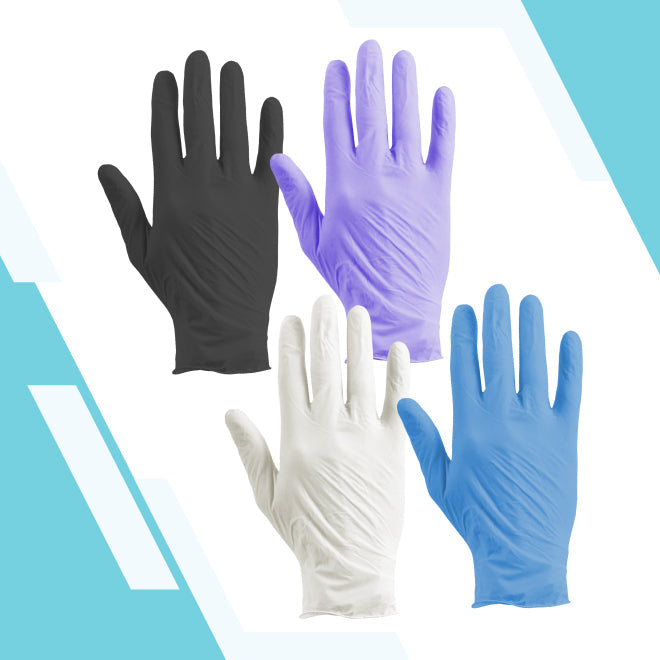The Role of Compliance in Procurement: Lessons from Healthcare & Food Service
Procurement involves more than just negotiating costs. It also protects people, ensures quality, and builds reliable supply chains. This is clear in healthcare organizations and food service procurement, where strict standards, ethical requirements, and high stakes matter.
A single mistake in the procurement process can lead to serious problems such as contaminated goods, foodborne illness outbreaks, costly recalls, hefty fines, fraud, and reputational damage.
Companies that focus on compliance also gain cost savings, operational efficiency, and customer trust. They protect their supplier relationships, improve consistency across operations, and give their procurement team peace of mind.
Compliance is key in procurement, and it drives smarter decisions. What can other industries learn from food service and healthcare providers? Let’s take a look.
The Significance of Compliance in Procurement
Compliance is more than just following laws. It’s about ensuring that all contracts, vendors, and processes meet ethical standards. These standards protect safety, trust, and collaboration across industries. Within the healthcare supply chain, when one weak link fails, the risks ripple outward.
Clinics and healthcare providers face FDA, CDC, and OSHA oversight. A non-compliant shipment of gloves or test kits disrupts the purchasing process, creates logistical headaches, and compromises patient care. In food service, municipalities, the FDA, and the USDA require strict adherence to health rules.
Every procurement decision, from sourcing raw materials to storage, impacts safety and compliance. Compliance, then, is about protection rather than paperwork.
Lessons from Healthcare & Food Service
1. Supplier Vetting Is Non-Negotiable
Both sectors demand rigorous supplier checks, from audits to compliance monitoring. A procurement team in healthcare cannot afford unreliable products when demand is urgent.
Food service operators can’t risk suppliers who cut corners. Strong vetting ensures better pricing, reliable delivery, and adherence to standards.
2. Trust Increased by Traceability
Detailed records, such as lot numbers and batch monitoring, help providers manage inventory and reduce risks.
In healthcare, this ensures a fast response to recalls. In food service, traceability promotes consistency, supports organizational goals, and strengthens trust through collaboration.
3. Risk Minimized by Standardization
Clear processes and standardization reduce challenges in procurement. For healthcare, standardized sourcing ensures cost efficiency and reliable protection for staff.
In food service, standard operating procedures for packaging and inspections guarantee that goods meet safety rules. Standardization also supports compliance monitoring, improves contract negotiations, and unlocks new opportunities.
4. Continuous Training Keeps Teams Ready
Regulations change constantly, so training cannot be a one-time event. Ongoing education ensures procurement teams adapt, avoid inefficiency, and stay compliant.
Training builds stronger ties with suppliers and providers while safeguarding contracts, process efficiency, and reputation.
Beyond Food Service & Healthcare
Even outside these industries, businesses can benefit from a compliance-first mindset. Whether in logistics, IT, or manufacturing, focusing on compliance leads to:
- Lower risks and fewer errors
- Stronger supplier relationships
- Better visibility for smarter decisions
- Greater cost savings and improved cost efficiency
- Easier alignment with organizational goals
In short, compliance builds a supply chain that is strong, reliable, and respected.
The Main Takeaway Towards a More Compliant Future Procurement choices in healthcare and food service affect safety and trust directly. Compliance is not a hurdle but a performance driver. Any provider or business can strengthen its purchasing process through:
- Supplier vetting
- Recordkeeping for consistency
- Standardization of processes
- Ongoing training
- Stronger contracts and collaboration with vendors
This approach reduces risks, ensures adherence to standards, and often delivers better pricing.
By embedding compliance into every process, organizations unlock new opportunities, safeguard their reputations, and achieve cost efficiency while maintaining trust. The lesson is clear: compliance is not just about avoiding penalties, it’s about building procurement systems that deliver reliability, resilience, and long-term value.
See how compliance transforms procurement into a performance driver. Explore ways to safeguard your operations while building stronger supplier relationships by reaching out. We are more than happy to help!









Leave a comment